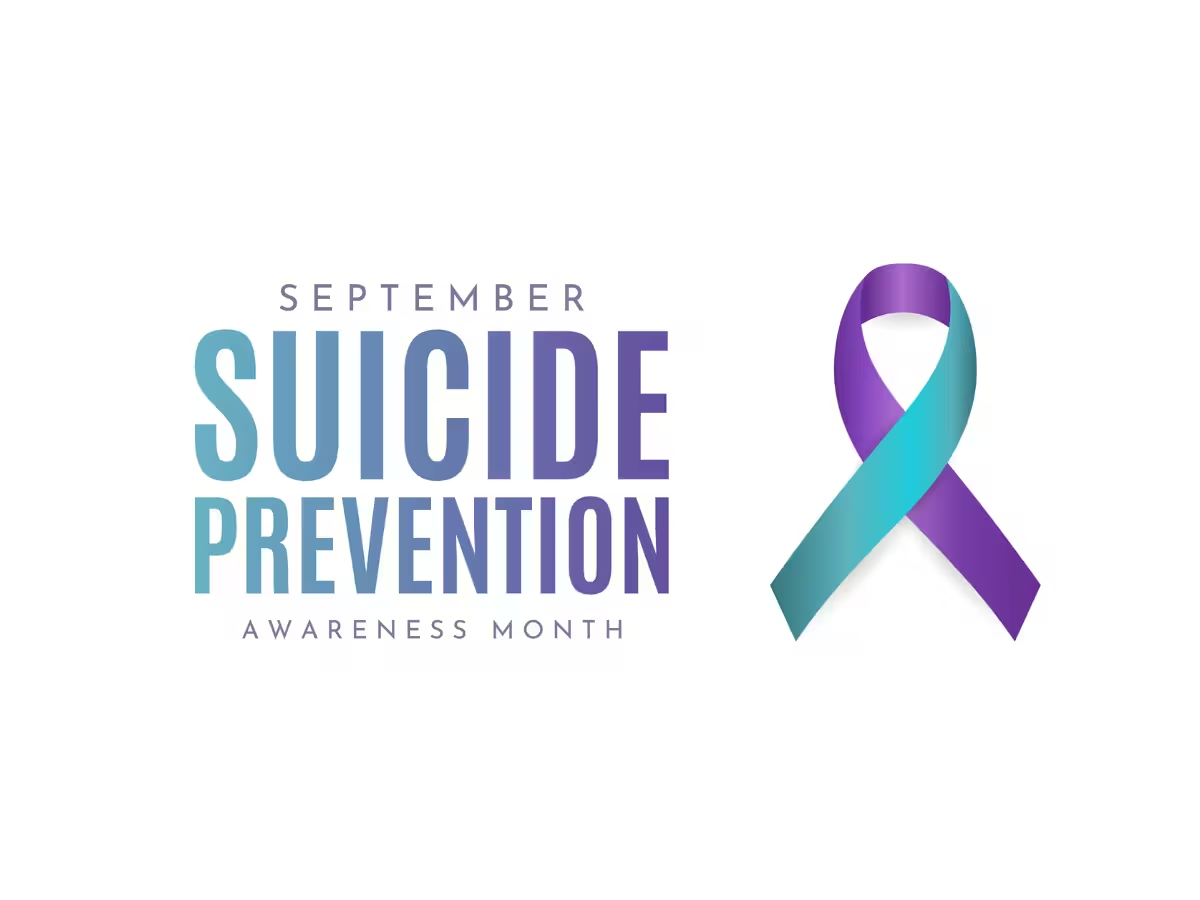Description
Food decisions can be stressful during recovery, especially when you’re trying to balance nourishment with emotional well-being. The Daily Meal Planning Worksheet provides a safe, structured way to outline meals and snacks ahead of time. This simple tool can help you feel more grounded, reduce anxiety around eating, and create consistency that supports your recovery.
Why Meal Planning Supports Recovery
Planning your meals isn’t about perfection or strict rules—it’s about creating gentle structure and predictability. When meals are thought out in advance:
- You’re less likely to skip or delay eating due to stress or indecision.
- It encourages balance and variety, helping you meet your body’s needs.
- Having a plan can quiet the “food noise” that comes with last-minute choices.
- It provides a supportive tool to discuss with your dietitian, therapist, or recovery coach.
What’s Inside the Worksheet
The worksheet is designed to be simple but supportive, with dedicated spaces for:
- Three Main Meals: Breakfast, lunch, and dinner planning areas with room to note main components (proteins, carbs, fats, vegetables).
- Snacks Section: Gentle reminders to add snacks that help keep energy levels stable.
- Hydration Tracker: Checkboxes or water icons to track daily fluid intake.
- Emotional Check-In Notes: A small reflection area for jotting down feelings before and after meals.
- Weekly Overview Grid: A glance at patterns across the week—helpful for noticing progress and consistency.
“Food journaling is not about perfection — it’s about awareness. Each note you write is a step toward understanding your body, your needs, and your healing process.”
.png)
.png)

.png)


.png)



.png)

.png)








.png)



.png)


